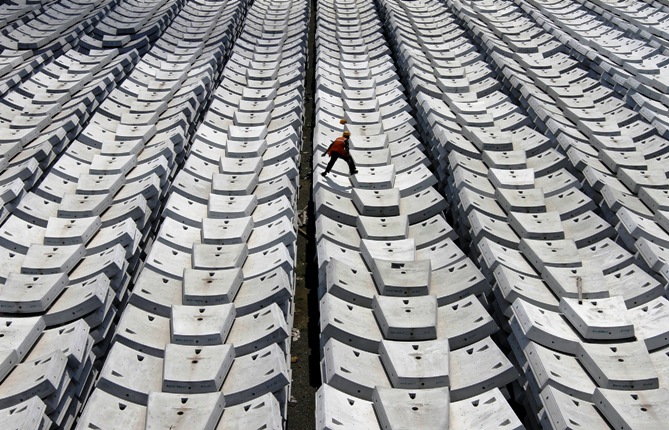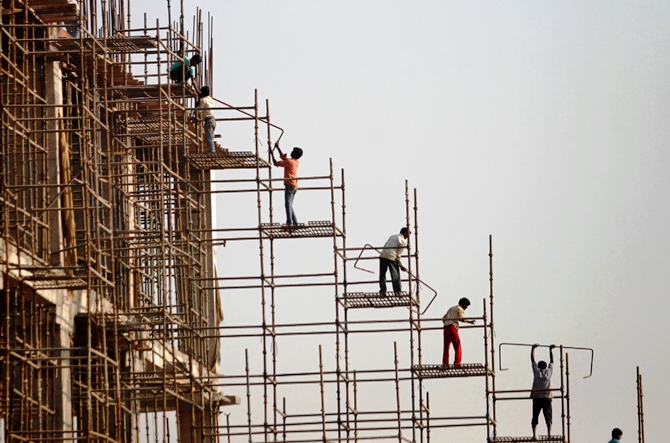
The challenge for the new government at the Centre in May next year is to embrace supply side reforms as these measures hold the key to future economic outlook of India, says a report by Societe Generale.
According to the French banking major, in India, the supply side has continuously lagged the demand side because of weak programme and implementation of structural reforms.
"The economic reforms that were ushered in during 1991 have outlived their utility as catalysts for growth," Societe Generale said in a research note adding that ‘the country now needs to embark on the next round of reform measures to remove the structural constraints that impact growth’.
. . .

India's supply side constraints that require immediate attention include boosting power supply and rationalizing power tariffs; optimising the use of natural resources; streamlining administrative procedures; fiscal consolidation and reduction of policy uncertainty to boost investment.
According to the global financial services major, corruption in the process of distribution of rights to natural resources and policy paralysis are ‘conspiring’ to hold back the Indian economy at a time when the increasing supply side constraints threaten to reduce growth potential.
As a result the Reserve Bank of India is facing a very ‘difficult balancing act’ of managing growth, inflation and preventing a collapse of the rupee.
. . .

An Indian soldier stands next to an Indian national flag during the full-dress rehearsal for India's Independence Day celebrations.
"We expect further rate hikes," Societe Generale said, adding that "2014 will see the election of a new government and failure to adopt structural reform quickly will add to the pressure on the RBI in a manner that we believe is ultimately unsustainable".
India's monetary policy continues to remain hawkish as RBI Governor Raghuram Rajan fights a lone battle to get the economy back on track while the government ‘fails to walk the talk.
“A classic case of Nero fiddling while Rome is burning," the report said.
The report further said that though gross domestic product growth may have bottomed out and inflation may have peaked, but the stress is visible.